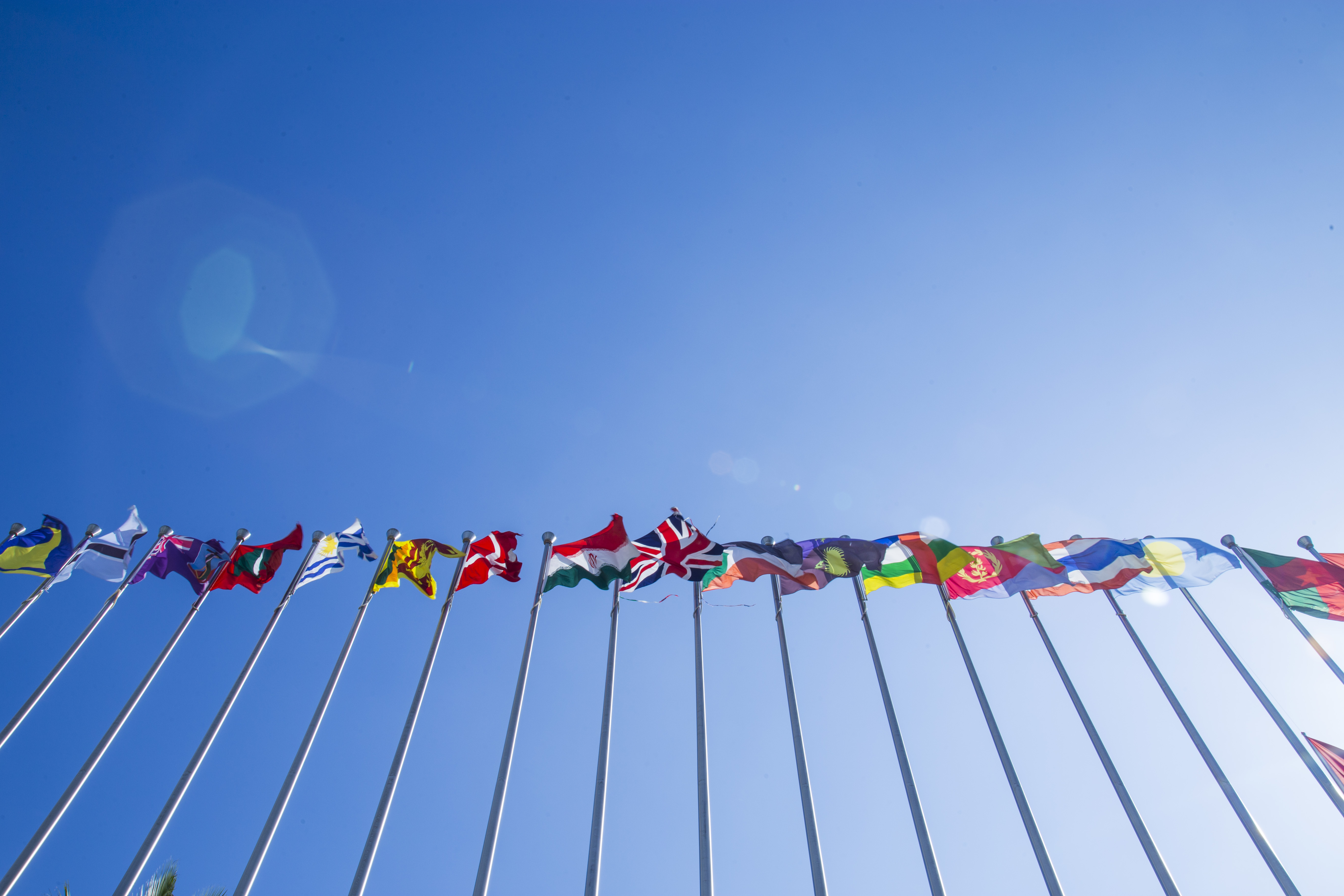The international debate on appellations of origin and geographical indications

On the 8th of December 2017, Mr. Matthijs Geuze, who worked for the WIPO Secretariat during the negotiations of the Geneva Act, held an expert lecture at Maastricht University on the International Registration and Protection of Appellations of Origin and Geographical Indications in the light of the Geneva Act.
Road to the Geneva Act: Controversial issues
The amendment of the Lisbon Agreement for the Protection of Appellations of Origin and their International Registration gave rise to many controversial issues and different obstacles to the protection of geographical indications (GIs). One of the issues arising out of the divergence between the different protection systems for GIs, i.e. sui generis system and trade mark system, is the issue that according to the Lisbon Agreement, article 12 of the Geneva Act, once a geographical indication is registered, it cannot be deemed generic anymore at a later stage. A current conflict regarding this issue occurs between the US and the EU as to the registration of cheese names, which the US argues to be generic or common. The US does not want further limits on the ability of Trade Mark owners and others to use, in foreign markets, names linked to geographic regions, that the US argues are generic. The unresolved issue and absence of consensus leave their marks unprotected on the ratification and implementation of the Geneva Act for a common law country like the US.
Furthermore, the compatibility of the Geneva Act to the common law countries, which use a trade mark-based GI system, is debatable. It is clear that if common law countries would ever like to adopt the Geneva Act, they might face some difficulties concerning traditional trade mark law implications and practices such as the requirement of genuine use following registration or the payment of renewal or maintenance fees (none of these implications are explicitly allowed in the Geneva Act). Thus, it is doubtful whether common law jurisdictions are likely to join the Geneva Act. As of current situation, no common law country has joined the agreement yet. In our opinion, these incompatibilities may obstruct and generate hesitance to the trade mark-based GI system countries to join the Lisbon system, and eventually may lead to a forum-shifting of negotiations in form of bilateral or multilateral agreement.
Geneva Act
As for the EU perspective concerning the Geneva Act, the EU is rather satisfied with the results since an intergovernmental organization, like the EU, is allowed to become a contracting party to the agreement. In October 2017, the CJEU (case C-389/15) declared the exclusive competence of the EU for the Geneva Act as part of its common commercial policy. This ruling allows the Commission to apply for EU membership. Two months later, the European Commission published a ‘road map’ outlining its intention to arrange legal acts needed for EU accession to the Geneva Act. The road map affirms the compatibility between the new Act, TRIPS and the existing EU regulation on GI protection for agricultural products. According to the road map, the Geneva Act could play an important role in the EU’s international strategy for promoting the protection of GI, especially if the Lisbon system can be extended to potential new country members (e.g. ASEAN countries or India) and/or other international organizations.
One of the reasons why the Geneva Act needs to be supported according to Mr. Geuze, is because it is not only an international registration system, but it also is a system that extends the protection to GIs. It could efficiently be applicable in respect of any distinctive sign that meets the definition of a Geographical Indication or an Appellation of Origin in the Treaty, no matter how its title of protection is called in the country of origin. Nevertheless, regarding several provisions in the new Act and controversies revolving around it, it is of our opinion that the new Geneva Act considerably is in favour of countries with a sui generis system for GIs protection.
Written by Jenjira Yanprasart and Stéphanie de Potter
| More blogs on Law Blogs Maastricht |
Other blogs:
Also read
-
Content creators, exercising their freedom of expression, may use trade marks in their content in a way that might damage the interests of trade mark proprietors (e.g. use of Nike shoes in a porn movie). How does EU trade mark law address these different interests?
-
The European Patent Convention defines subject-matter that is not eligible for patent protection, such as methods for doing business. However, when implemented by a computer, non-eligible subject matter becomes eligible for patent protection. Is this desirable?
-
EU trade mark law excludes certain signs from becoming registered trade marks. In particular, shapes cannot be registered if they are necessary for achieving a technical result. In 2015, the amended Regulation broadened this exclusion to ‘another characteristics'. But what is now covered exactly?


